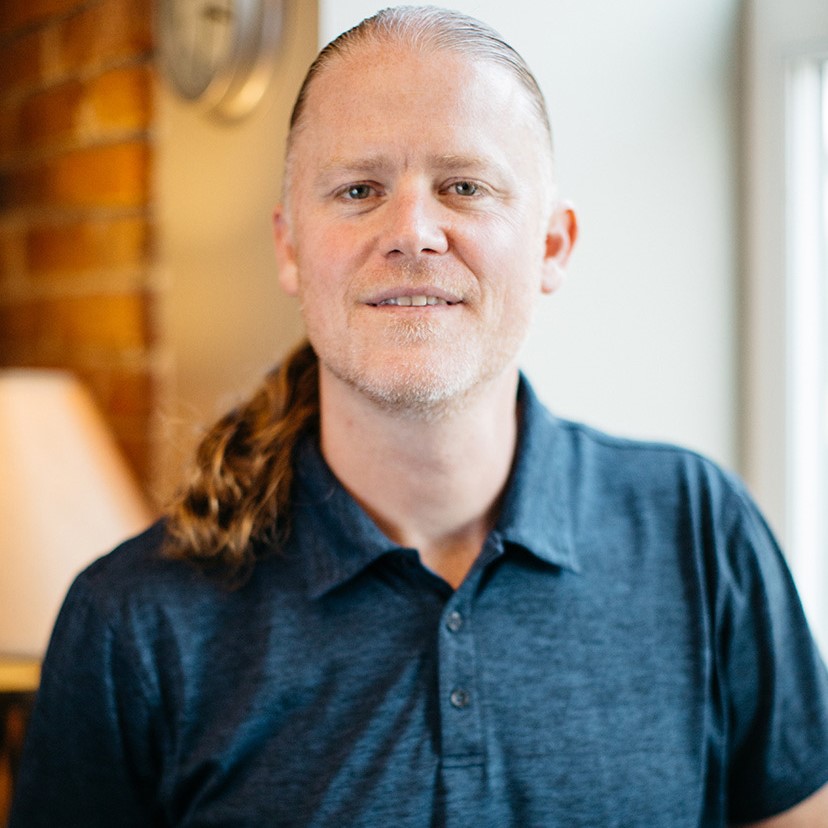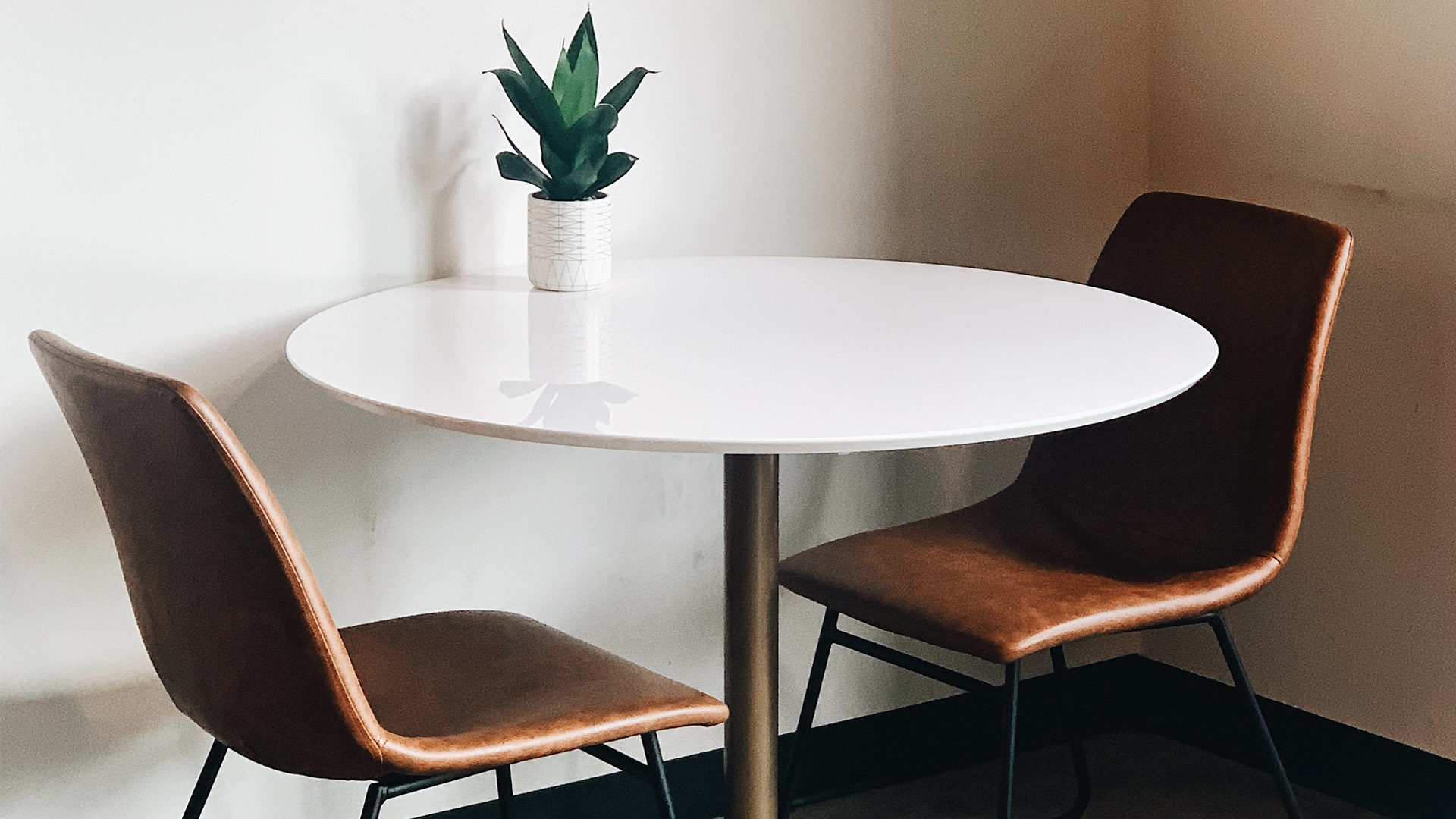In spring 2018, the Practicum (now Listening Lab) team hosted a meeting for students who identify as underrepresented on campus (Persons of Color, LGBTQIA+, Sage, Conservative Theology, etc.) to invite conversation around the question: “What has practicum been like for you?” What followed was a series of often painful accounts of struggles that went beyond the typical “disruption” deemed to be a necessary element of the practicum process. Through the years, students have continued to share stories in various venues of feeling missed, if not harmed, by something that was said or done to them in Practicum/Listening Lab. As Listening Lab director, these stories have not been lost on me. In particular, I’ve held concerns that the structures of Practicum/Listening Lab favored those with power and privilege, and that it underserved the underrepresented.
I walked away from our time with those students in 2018 understanding that things would need to change, and that those changes would not just be semantics on a syllabus but would need to include a revision of the structure(s) that had developed around the practicum process since its inception. I didn’t know what all of this meant, exactly, but I knew revision was needed, and that the restructuring needed to be significant.
Fast forward to a wrap-up of spring 2020, and the Practicum-turned-Listening-Lab department is now in a process of transition. Our work since spring 2018 has included continued shifts away from an approach to storytelling that had been more individualistic, sometimes paternalistic, and that had often favored whiteness. Rather than a storyteller being placed in a “hot seat” to defend themselves and often their people, what we’re seeking instead is a form of shared storytelling with a more collective edge and emphasis, with contributions to and support by the group as a whole. Our frame and its containers (what holds us together, or not) are changing.
I hear the need for change coming through the voices of activists and protesters that ring out across our streets these days demanding health and healing for systems and constituents that have privileged some and ousted and oppressed too many. As helping and healing professionals, our job is to listen first and to speak or respond second. The renaming of practicum as “Listening Lab” is emblematic of this orientation. From where I sit, I can see where practicum processes and personnel have erred, at times, on the side of over-speak. I can see where we have given voice to those who already had it and have potentially silenced those whose voices have not typically been tended to by a society built on and by white supremacy. Our work is and will remain messy, but messy is not an excuse for allowing structures of power and privilege to remain intact and unchecked.
Speaking of messy, what will need to get even messier in the days ahead is our in-house conversations about whiteness (white supremacy). This past week I read a helpful article by a clinical psychologist named Dr. Natasha Stovall, who has an interest in “putting whiteness on the couch,” per her Twitter account. In her article on Longreads, Stovall points to how the work of counseling and psychotherapy is to tend to “the thing” that isn’t being named or tended to in the context of a client’s life. Either party (therapist or client) who is not at liberty to name that thing is/are inevitably bound by or colluding with it. If Listening Lab is one of the first places in our curricula wherein students practice sitting therapeutically with another, then whiteness has to be more explicitly named and deconstructed, even in an all-white section of students and leaders. A few years ago we began to assign Ta-Nehisi Coates’ work, Between the World and Me as required reading. In as much as this has been an important marker in our discussion of oppressive systems (like whiteness), we cannot stop there.
Systems built on and by power are often fragile systems. I was recently introduced to an alternative through Resmaa Menakem and his Cultural Somatics Institute. Menakem speaks of “white stamina” and how it can stand in stark contrast to its all-too-familiar counterpart of white fragility. White stamina is a willingness to remain in tension-filled conversations around race, despite the uncomfortability of doing so. If white supremacy invites fragility and collapse, white stamina offers persistence where none may have existed before.
Moreover, if Stovall demands that whiteness be outed as “the thing” it is, and Menakem suggests that stamina can be grown where fragility has been predominant, then clarity comes to and for a department (Listening Lab/Practicum) whose job it is to become and to remain relevant and equitable in pedagogy and praxis in a 21st Century that is requiring change, if not revolution. In solidarity to such, if we seek to be credible in our training of students to be(come) people who engage in transforming relationships, then we (Listening Lab/Practicum team members) need to be ever-forming and transforming in relationship ourselves.
There are more changes to come in the days ahead for Listening Lab. Stay tuned throughout the upcoming 2020-2021 school year for updates on such happenings. We are grateful to remember that goodness has come from the practicum processes through the years, and we are eager to continue the revision and growth that is to come. We have our work cut out for us, but we also know there is no looking back.


